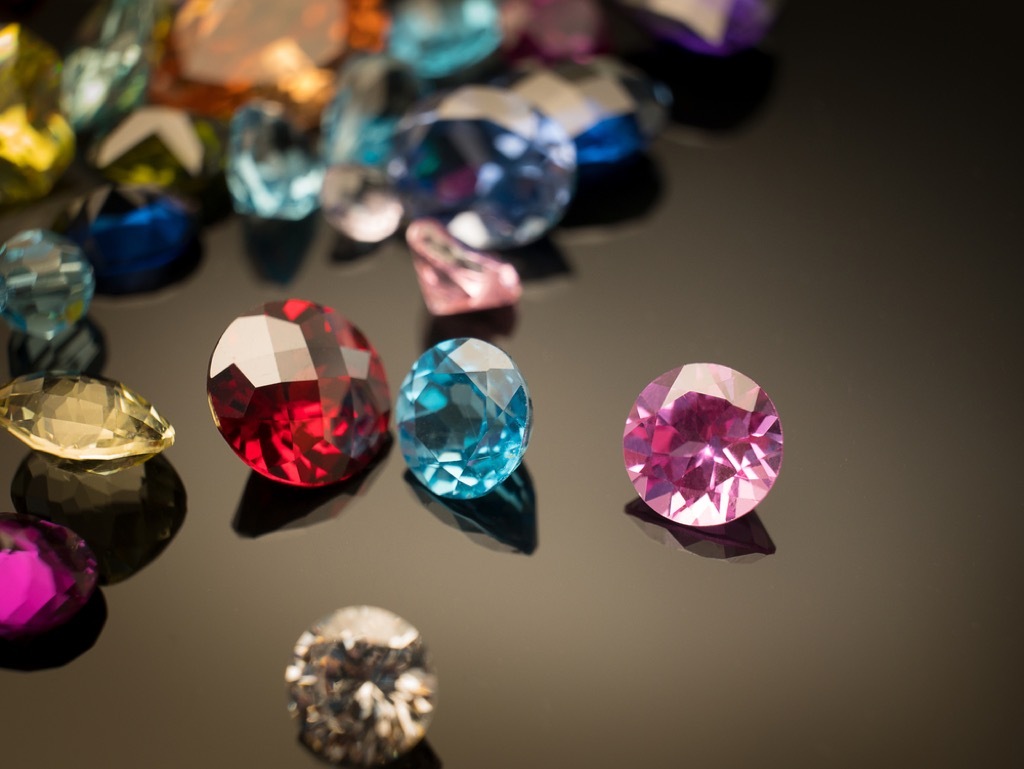8 facts about the watermelon you probably did not know
Did you know that there are several curious facts about the watermelon? In this text, get to know 8 facts about the watermelon that you probably did not know.
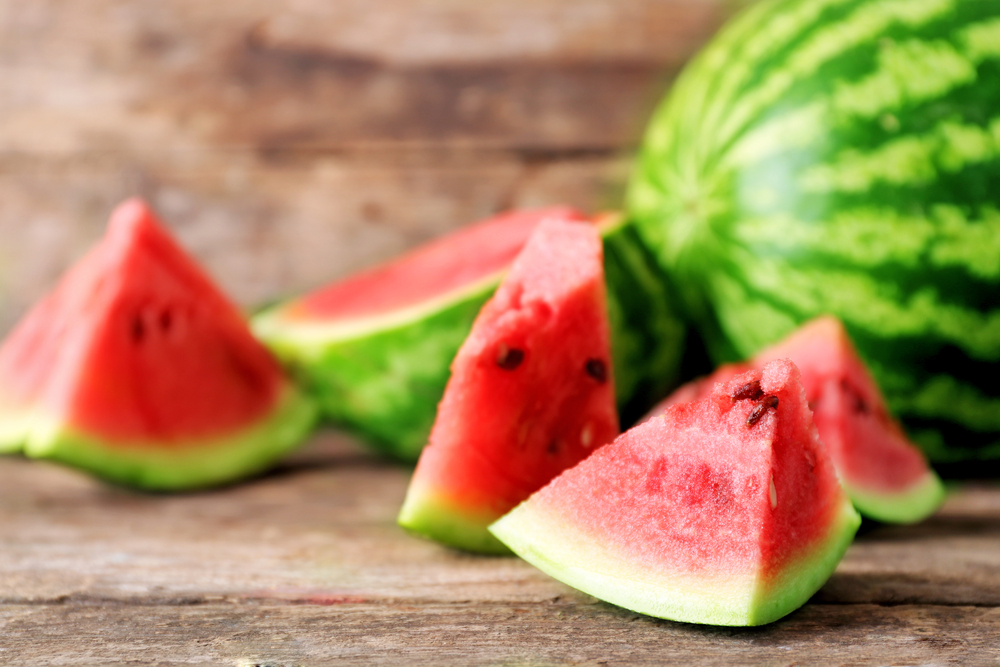
Watermelon is a very loved fruit for us, Brazilians. In addition to being refreshing and tasty, it is quite nutritious and still capable of moisturizing our body. In this text, you discover 8 curious facts about watermelon and you will also understand why she is so worshiped here!
1. It contains a lot of water
This first fact maybe it is already a little known, but did you know that the watermelon composition is 92% water? This is amazing! In this case, the rest of the fruit, approximately 8%, are carbohydrates (fructose), proteins, minerals, fibers and fats - in that order.
This means that the watermelon is a great fruit to consume mainly in the summer, because it keeps our body always hydrated and quite nourished.
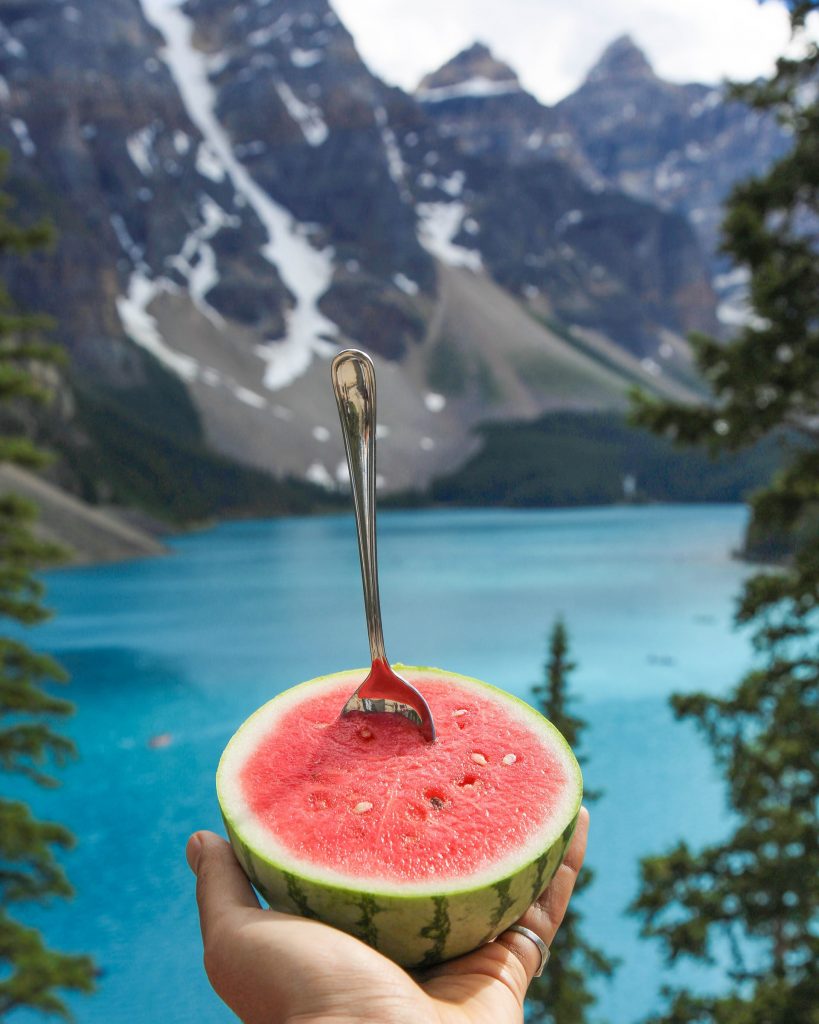
2. She is a relative of the cucumber and pumpkin
The watermelon is from the Curcubitaceae family, the same family as pumpkins, cucumbers and melons. Did you see some similarities? All these vegetables grow in temperate and tropical environments, have similar flowers and grow in branches, or vineyards.
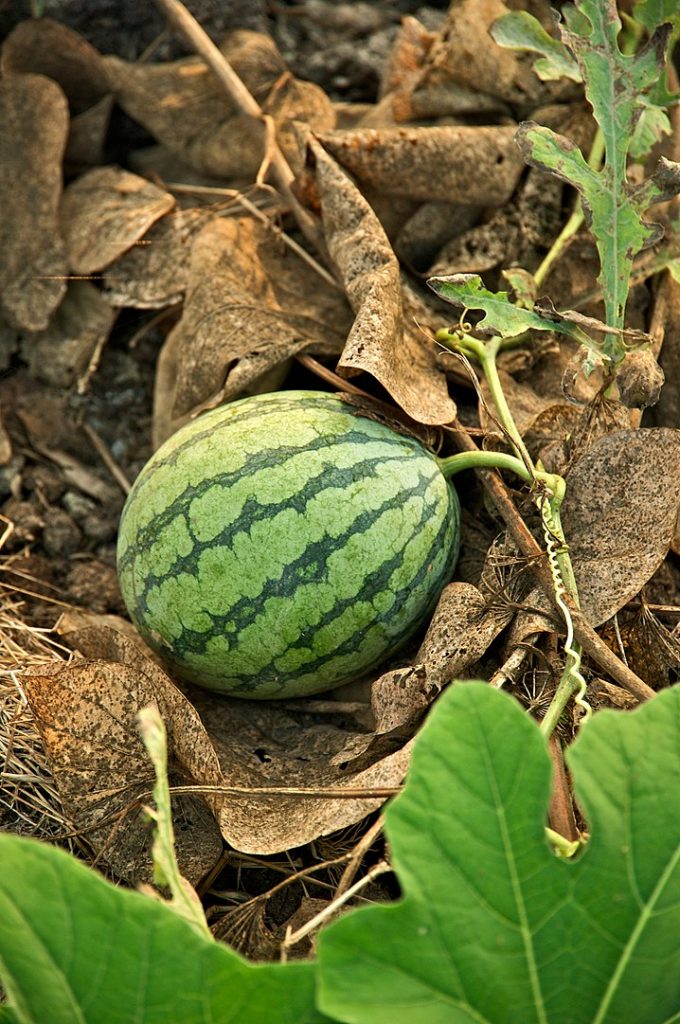
3. There are more than 1,000 variants of watermelon
Although we know here in Brazil a variant more than the others, there are more than 1,000 subspecies of watermelon. For example, seedless watermelons are a type of variant, as well as variants with yellow, white or orange pulp.
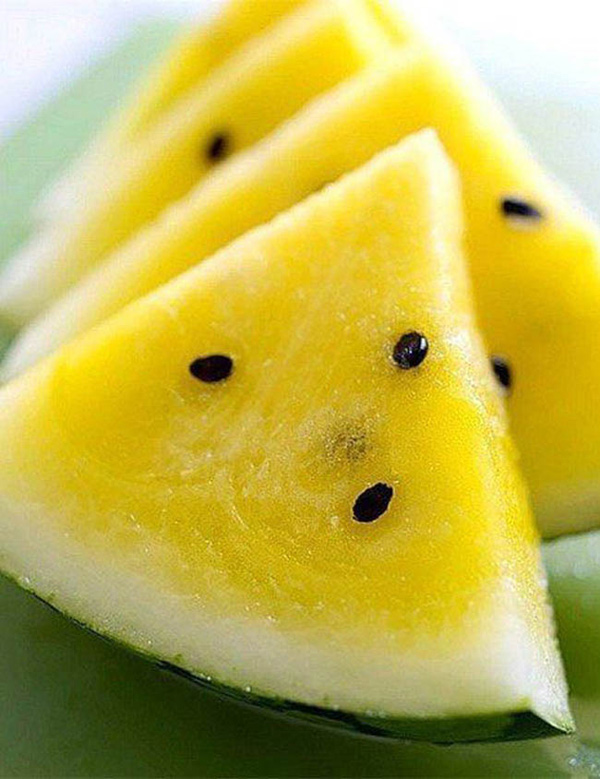
4. It has more lycopene than raw tomatoes
When we hear about lycopene, we already imagine the tomato, which is a rich source of this antioxidant. However, the watermelon contains approximately 1.5 more lycopene than the tomato in the same amount.
This powerful antioxidant prevents cellular damage, improves the immune system and even decreases the risk of cancer in the body. Generally, the lycopene can be found in red color vegetables.
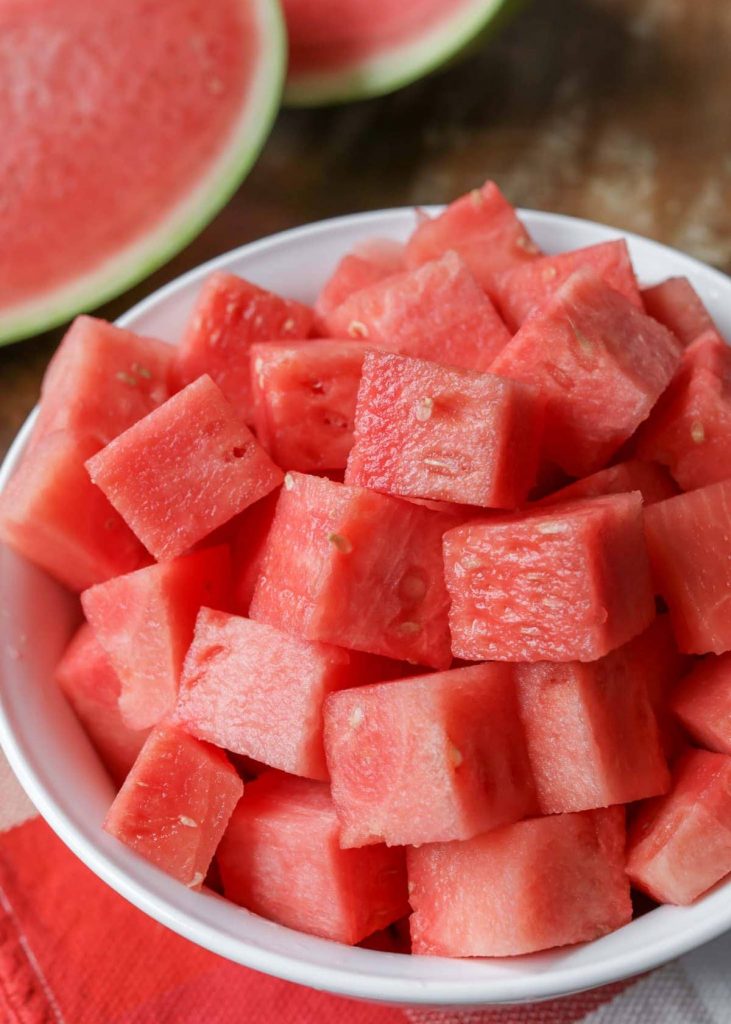
5. She is famous in vegan diets
If you practice veganism or are interested in adding more food from plant origin on your diet, you will love to know that watermelon is a great option to have at home, being recommended even to replace meat in some recipes.
The watermelon, when grilled or roasted, loses that granular texture, and can be consumed as a steak.
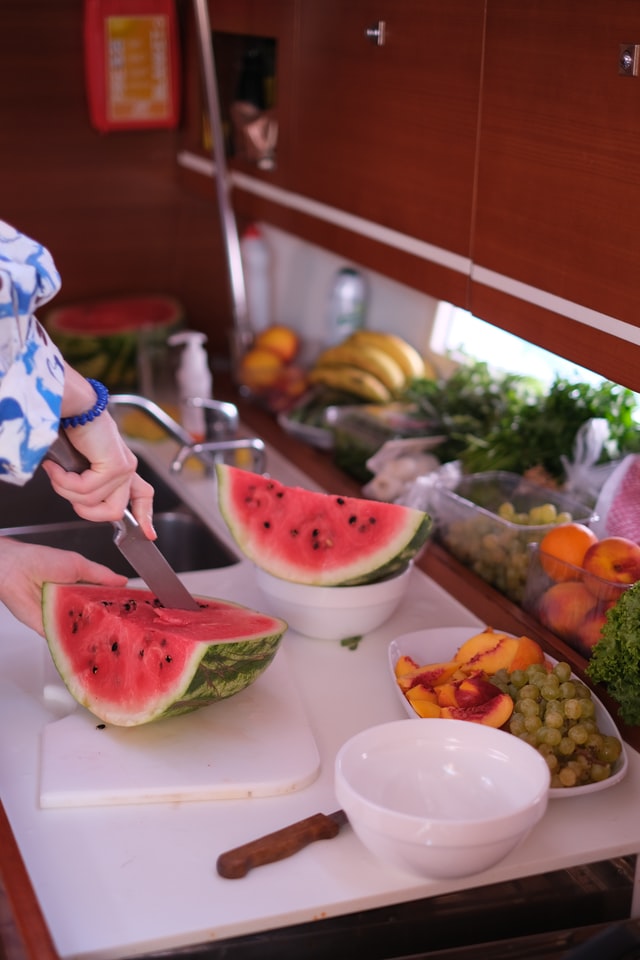
6. Watermelons in cubes in Japan
In Japan, some watermelons are raised from the planting in cubes. This practice is not very common, but it is certainly curious, since these watermelons can be sold at high prices, up to $ 100.
The watermelon is created in boxes and therefore takes this format; But for that, they need to be harvested before mature, which harms in the taste. The watermelon in cube is much more practical and best to be stored in the refrigerator, in addition to the format to allow an easier cut. This has existed since 1978, invention of the Japanese graphic designer Tomoyuki Ono. In other places in the world there are also watermelons in pyramid format, and even heart.
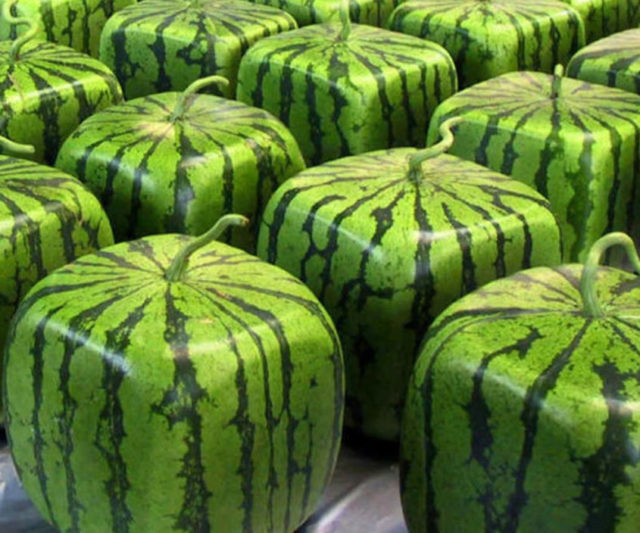
7. Today's watermelons are a creation of human beings
The watermelon we know exists because our ancestors made a kind of "induced evolution", always planting the seeds that gave the sweetest and larger watermelons.
The original watermelon, of the year 3000 BC, was 1680 times smaller and 3.3 times bitter. Good thing we turn it on what she is today!
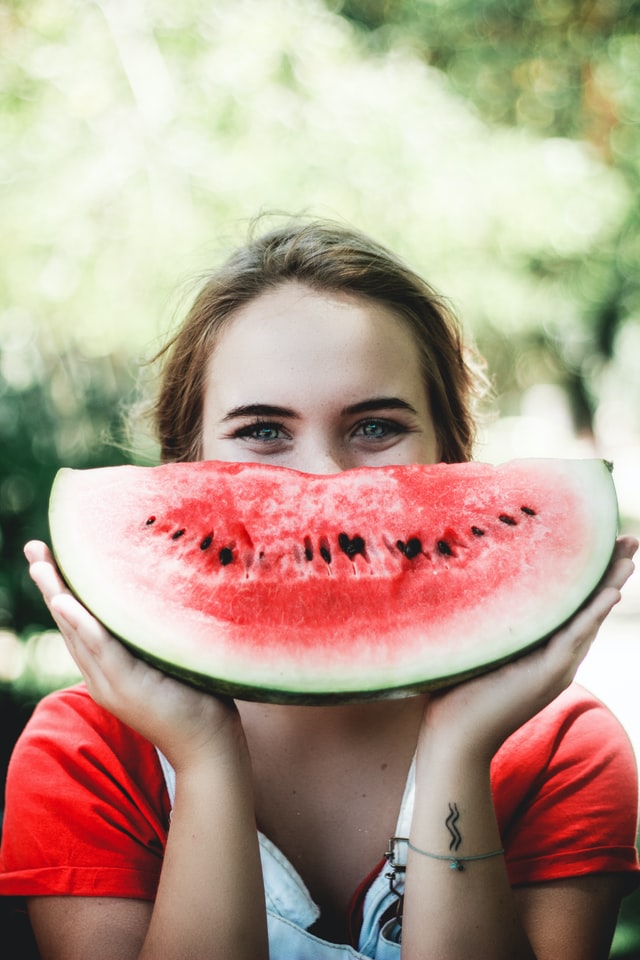
8. Brazil is the largest producer
Watermelons are quite popular in our land - after all, it comes so much to be a fruit that is 92% water proliferates in a tropical region!
Brazil has a perfect climate for the creation of watermelon, and therefore is the fourth largest producer of the fruit. We are behind China, Turkey and India, and we are followed by Algeria, which is fifth.


This remedy for the popular house has been recalled on a risk of intoxication

7 STARF STYLE TIPS if you are over 60, according to stylists
